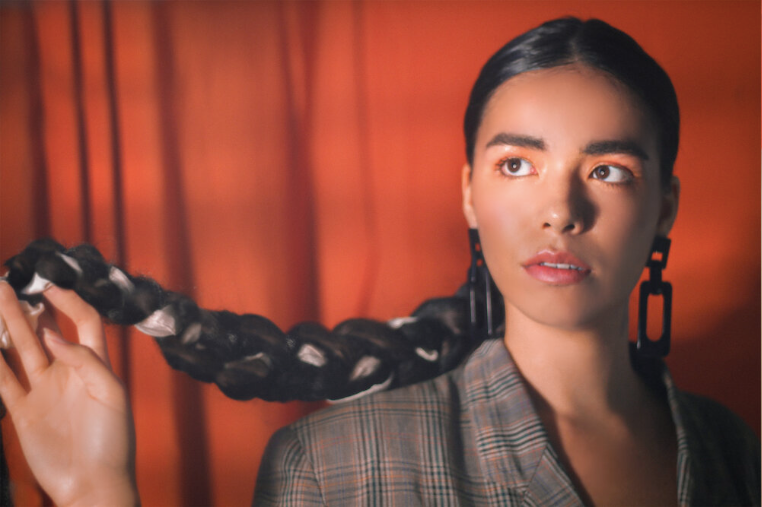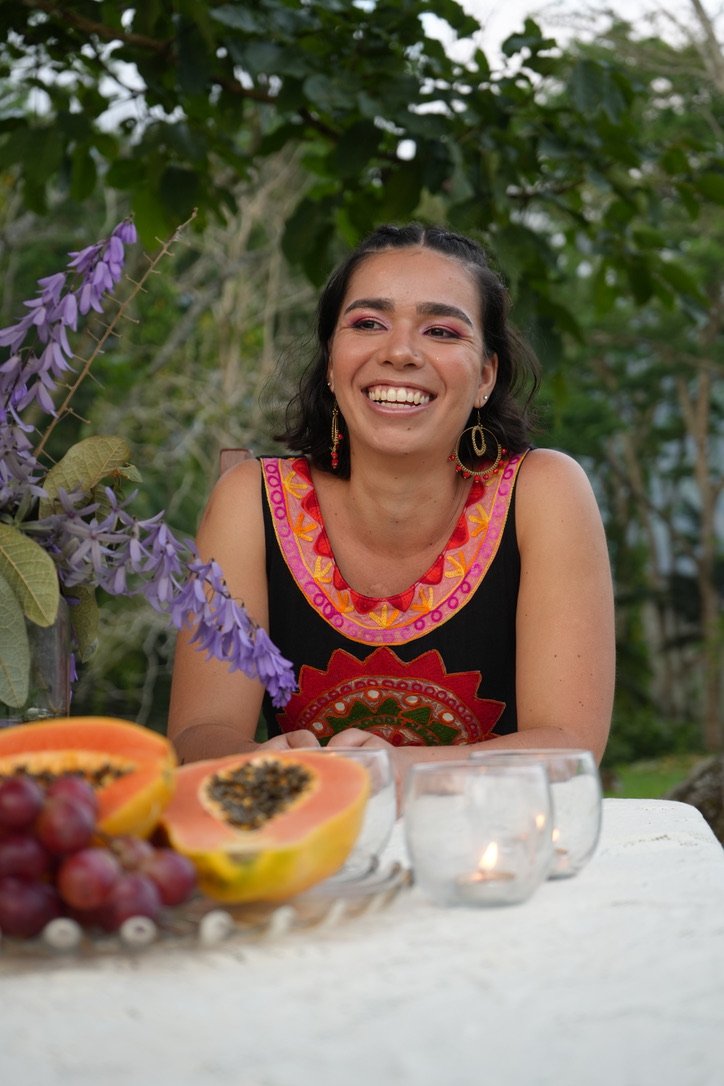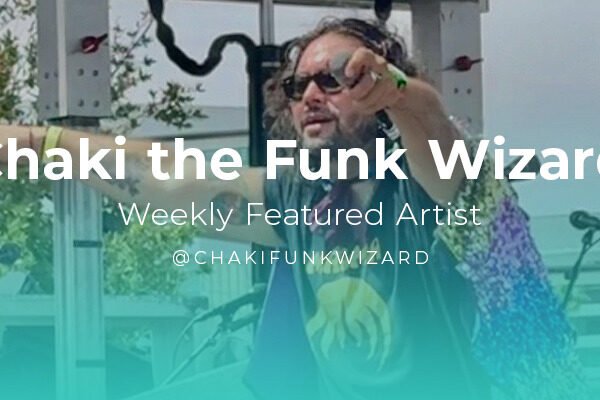It’s a testament to the power of popular music that while pockets of country artists and hip hop stars still punctuate the Billboard 100, it’s the straight-up, uber-produced songs of mega-artists like Billie Eilish, Taylor Swift, Dua Lipa, and Sabrina Carpenter that dominate the social fabric of America and well beyond. Like an army of juggernauts, these artists lead the charge of like-minded pop stars that dominate the airwaves, the phone screens and the billions of ears capable of hearing. If they’re playing your song in Target, or in the waiting room of a dentist’s office, rest assured you are not going to be able to leave your house without being swarmed by the paparazzi. Chappell Roan has certainly encountered this, and has been quite vocal about it, but really, isn’t it her fault for writing such goddamn catchy songs? And when you strip it down to its barest levels, the foundation of any song that takes over the cultural zeitgeist is a melody that sticks right into your brain like caramel to the top of your mouth, as well as a beat you can tap your foot to without even knowing you’re tapping. If you’ve got fifty-year old men singing “Pink Pony Club” at the top of their lungs while loading cinder blocks on to the back of an F-150, you know you’ve got a pop song that’s truly popping, in every sense of the term.
LA-based singer-songwriter Julia Calvin is on the fetal edges of this type of success, dabbling in a mash up of Latin-influenced pop and indie explorations that express this kind of universal appeal. And like the artists mentioned above, there’s a confidence and heft to her songs that can sink their hooks into you until you’re dragged to the shore like a wrestling, writhing tuna. Coupled with deeply personal and heartfelt lyrics, Calvin’s songs act as snapshots into life on the conveyor belt of the modern world. Her latest single, “Honey I’m Home” is a ‘story about falling back into patterns that, although not positive or healthy, feel familiar, like a return home.’
Home seems to be a theme that permeates Calvin’s work. Having grown up in Costa Rica and Tanzania, attending university in Miami and now settling in Los Angeles, the idea of having roots planted anywhere is one that resonates strongly with Calvin. It was in Costa Rica and Tanzania where Calvin found that it was music that provided stability, and the artists she listened to were like extended family, giving her the sense of security that all young people desire.
‘I started playing classical piano at a music school in my small hometown of Turrialba, Costa Rica when I was 7 years old. At home, I listened to the music my parents liked, which was a somewhat eclectic combination that included The Beatles, Talking Heads, Enantitos Verdes (Latin rock), Juanes & Julieta Venegas (Latin pop) & Calle 13 (rap), as well as New Age and ‘World music.’ During high school, my family moved to Tanzania, where I started performing in musical theater productions, joined a cover band, and learned about jazz & blues (all alongside my continual classical piano studies). At this point, I was listening to more folksy & indie artists, like Damien Rice, Ray LaMontagne & Regina Spektor.’
As a teenager writing her own songs and continuing to explore the scholarship of classical piano, it seemed logical that Julia Calvin would continue this educational trajectory through her music, and she attended the music program at the University of Miami. The humid climate of southern Florida kept her grounded, evoking memories of misty mountain evenings in central Costa Rica or the smell of the Indian Ocean blowing across the Tanzanian coast. Here is where she learned to flesh out the deceptively simple, angst-filled songs she wrote in high school. This, along with being able to work with like-minded souls, spurred a time of rapid creative growth.
‘I studied music business and songwriting at the University of Miami. I loved learning about the history of US American music through musicology classes, as well as applying those lessons to songwriting classes and performance ensembles. As part of class, we had to write songs modeling different styles of music, and using different exercises and parameters, which led me to push the boundaries of what I naturally would have gravitated towards. There were points during those years when I was writing around 4 songs/week for different classes and in different styles, which was a great way of exercising the creative writing muscle, whether there was a spark of inspiration or there wasn’t (when I applied to schools, I barely had enough songs to get through the audition rounds). Throughout the college years I came to appreciate simplicity, and strived to have a clearer message in my lyrics than when I first started writing in high school. While I still loved imagery & metaphors, I also wanted them to be understood. I also tried to add more ‘sectional identity’ with contrasting melodies, which I think keep songs more interesting. I could still do more of that sometimes.‘
One of the songs that came out of this prolific time period was “Locker Talk”. Released well into Trump’s first term of his presidency, the song confronts the misogyny normalized by a MAGA base that felt grabbing half the population by their collective genitals was an acceptable form of governance. In an America that has welcomed their toxic ex back into their arms- a place where women would ‘choose the bear’ over running into a human male alone in the woods- Calvin’s song is a sobering look at how women navigate an often sexually violent world. The instrumentation and Calvin’s vocal delivery conjure up another great female voice, the melodic magic of a mid-70s Joni Mitchell. Like Mitchell, Calvin sings of experiences that all women can identify with, the song hitting like a kick to the groin.
‘As I left home one day I heard my brother say
‘Don’t drink from any cups that any men arrange, tempting as it may be‘
And it’s so fucked up that we have to think that way
In another place another boy grows up
To watch you play your game and get away, so he thinks that it’s okay
And another girl grows up and learns to be afraid‘
For a third culture kid, Calvin’s music certainly serves as an anchor in her own life, but her literal expression of identity comes through in her ability to shape-shift between indie pop ballads such as “Locker Talk” and her Spanglish forays into the same side of the world. It’s a clever creative approach to songwriting: there’s a consistency in the musicianship and production that bridges these two worlds together, with a not-so-subtle nod to traditional Latin music in her Spanglish compositions. Much like the Spanish singer-songwriter Rosalia, Calvin seems to be able to merge the straightforward indie pop with an experimental approach to what she grew up hearing in her household. Songs such as “Dios Mio” and “Las Cosas que Aprendí” are fine examples of this kind of song-writing.
‘I’m still trying to find the right balance between the two worlds. I know that I want to represent them, because they are both part of who I am, but I’m not sure that I’m clear on how to best do that yet. At the moment, most of the songs I have released have flowed out naturally in the moment, and the decisions have come later in terms of how the production should sound and which songs should come out into the world. The pop ballads come to me the easiest & most often, probably because I write when I need to unload. For this reason, I love the idea of turning songs originally written as slower acoustic ballads into more produced out/upbeat tracks with the production. In terms of the Latin side of things on this upcoming EP specifically (Everything to Gain– of which “Honey I’m Home” is a part) there are two songs in Spanish/Spanglish. I wrote “Las Cosas que Aprendí” for my dad, whose native tongue is Spanish, and who loves poetry-like lyric-based music, so that was an easy choice. For “Dios Mío”, I wrote the song over a track that my friend shared with me, and it felt like the perfect ‘vibe’ for Spanglish, which I had been wanting to try out.‘
Her video for her 2023 single “Let It Rain”, a slow burn of a lost love ballad, was filmed in her hometown of Turrialba, Costa Rica. Steeped in greens, and cast in soft light, it evokes the permanence of the cloud forests that temper the Central American country, and the impermanence of a hope that’s never quite met. Alternately a love song to the place from which it was filmed, it’s also an ode to lost love, dreams and hopes that are washed away by the storm:
‘Let it wash the pain away
You know these forest storms, they never came to stay
So let’s not talk, just let it rain
Until these clouds have rolled away‘
“Let It Rain” is probably one of the best examples of Calvin’s ‘need to unload‘, as she puts it. Highly emotive and personal, the song gains extra poignancy when considering the video was filmed in her hometown with her extended family. But if her slower ballads showcase a songwriter who is hyper-aware of her wheelhouse, and the importance of home, it’s songs like “Tunnel Vision” from May of this year, that really hint at the capabilities this young songwriter is capable of reaching.
“Tunnel Vision” is cut from the same cloth that many of today’s platinum artists are mining, and that mine is filled with nuggets of pop gold. The song starts with a swell of synth over a palm-muted, chorus drenched guitar that wouldn’t be out of place on a Duran Duran track from four decades ago. The drums go four-to-the-floor as her vocals gain in confidence, defiant in their quest for reaching the status of a pop music queen, and the infectious chorus ushers in an arpeggiated melody that does the heavy lifting of an earworm on steroids. The structure, the guitars, the incessant pulsating rhythm and the melodic commitment all pay homage to some of the best Dua Lipa songs, and that’s high praise. It’s the high point of a young career that’s slowly climbing to the top of those cloud-covered mountains. If “Tunnel Vision” is any indication, her upcoming EP Everything to Gain might bring Calvin one step closer to the peak.
It’s no surprise that one of Julia Calvin‘s inspirations includes Maggie Rogers. Both are accomplished musicians who studied popular music at university and left to pursue their dreams. And whereas Maggie might be reaching close to 10 million monthly listeners, Julia’s aspirations are much more than to be the next Clairo or Olivia Rodrigo. Her music is the story of an artist literally and figuratively trying to find the place in which they belong in this world. Songs of home and acceptance; of love lost and found; of family, friends and lovers- all of this speaks to the hearts that beat in each one of us. As long as Julia Calvin keeps laying out her truth for all of us to experience, there’s no telling where her journey might end up. If it’s not at the top, it will must certainly be up there with the clouds.
You can follow Julia Calvin on her Instagram. Her new EP Everything to Gain will be released November 15th, 2024. You can hear it in full on her website.
Julia Calvin is…
Julia Calvin – everything







